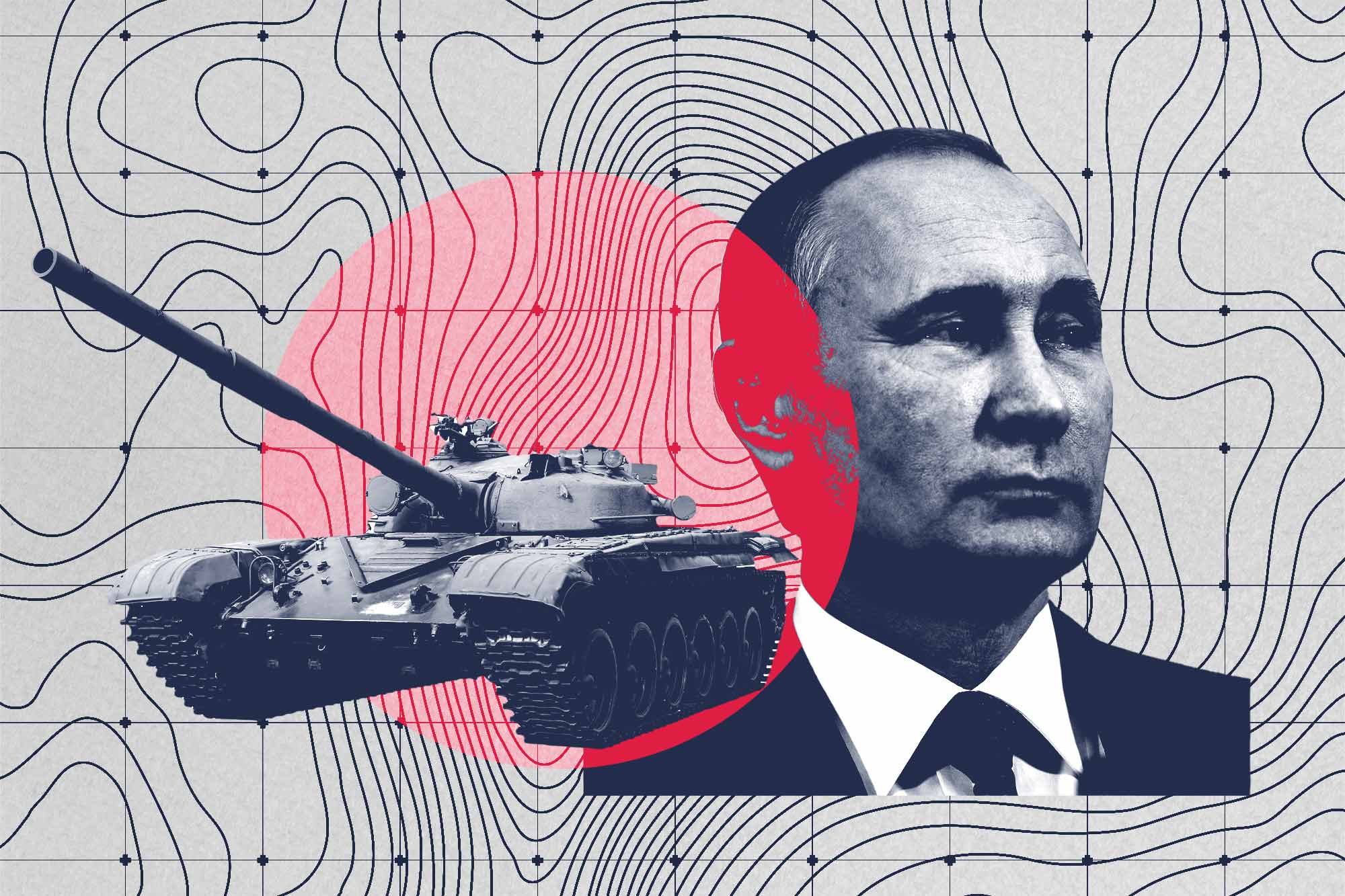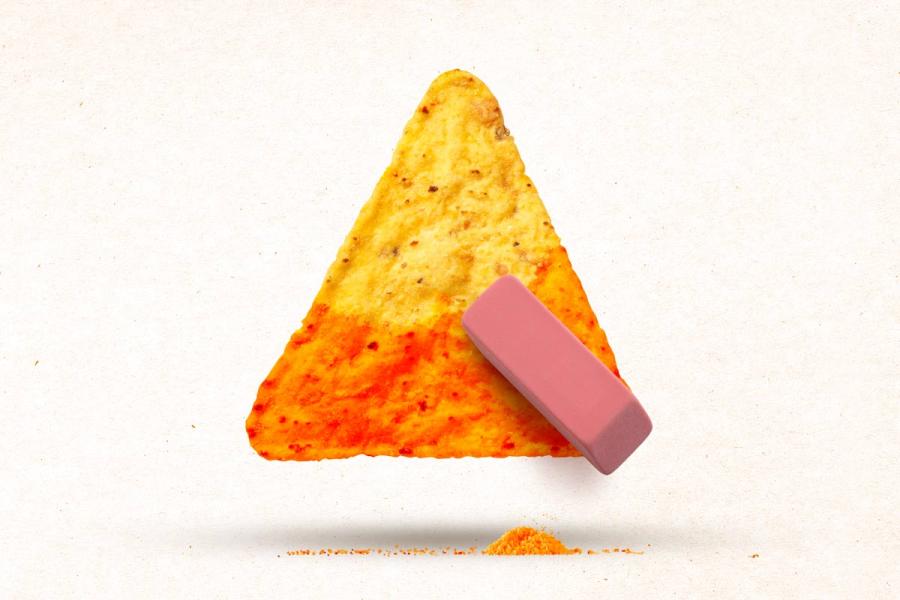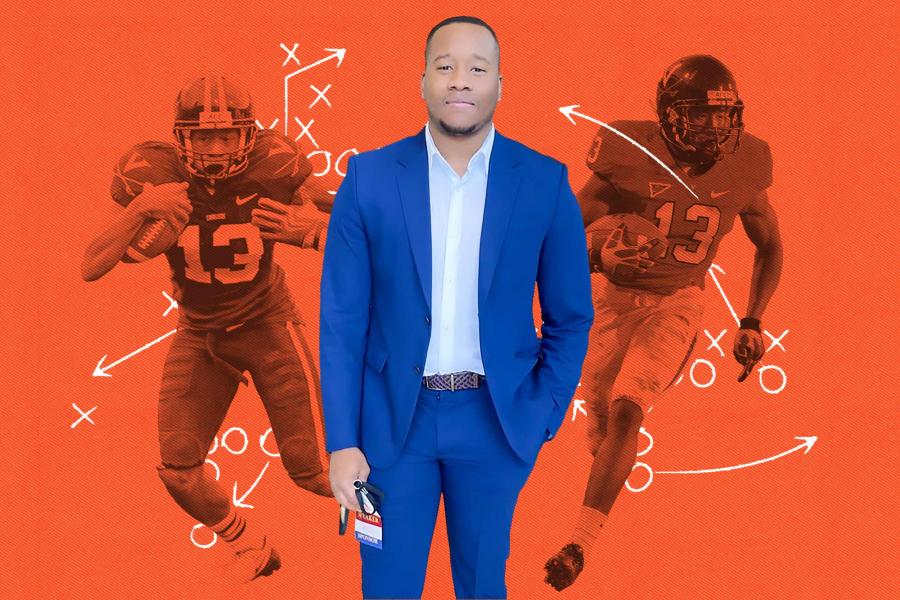The regular military forces were unhappy with this intrusion. They’ve never liked [Wagner]. They helped arrange – or at least did not oppose – U.S. armed strikes on the Wagner Group facility in Syria. They did nothing to stop the U.S. from killing a couple hundred Wagner Group people in Syria. And the conflict between the [Russian] military and Prigozhen escalated.
So about a month ago, the Ministry of Defense said that all Wagner people would have to be incorporated into the regular armed forces. [Prigozhin] is fighting for his business, for his 20%. He’s made hundreds of millions of dollars off this.
Q. If Prigozhin had backing from Putin, how would the military leaders then make a move against him?
A. Putin, since his emergence as the Russian leader, has never been an absolute, all-powerful autocrat, who answers only to himself. He manages interest groups. And he’s reminiscent of Brezhnev, who saw his principal mission to be survival by canceling anyone who could possibly be a threat to him. Prigozhin acts as a check on groups that might potentially be a source of opposition. It’s a balancing act in which no one ultimately can count on winning all the battles. It's not clear whether Putin from the beginning authorized the military to [absorb the Wagner soldiers] or whether he just sat back and waited to see what would happen. But he’s now clearly decided in favor of the formal military structures.
Q. What does all of this mean for Russian presence in Africa and the Middle East?
A. We don’t know whether the Wagner structure will survive under new management. The military leadership is trying to fold them into the formal military structures in Ukraine. That doesn’t mean that they don’t provide a useful service in Syria or Central Africa. Apparently they think it’s been relatively successful; I don’t think they would want to liquidate it, if they can find some other solutions. But what other solutions are they’re going to find is still to be seen.
Q. How does this affect Putin’s standing in Russia and in the world?
A. Well, around the world, there are 40-plus countries sanctioning Russia since the start of the war in Ukraine. For these countries, I don’t think Putin’s standing can fall any more. I think the real issue the United States and Europe face is, can we afford Russia without some kind of effective leader? If the alternatives are Putin or chaos, many people might prefer Putin.
I think the idea is how to cut him down, but not have Russia descend into warlord-ism and encroachment by their neighbors. China’s long-term goal is to marginalize Russia, rectify what it sees as the exploitative treaties of the mid-19th century and to acquire, either as an area of influence or, in the extreme case, direct annexation, the Russian Far East. China always plays the long game.
Domestically, Putin has generally enjoyed very strong electoral support. It doesn’t hurt that the elections are managed and access to television and other things is limited, barring possible alternatives from running. But even in full, free, untrammeled elections with full publicity, liberals of the sort we like poll at about 3% in Russia. That’s their ceiling. And the alternatives are status quo, people who are terribly corrupt, or are radical, right, nationalist, antisemitic, violent, dangerous. So far, the terribly corrupt centrist status quo forces led by Putin still, I think, are the preference of the large majority.






